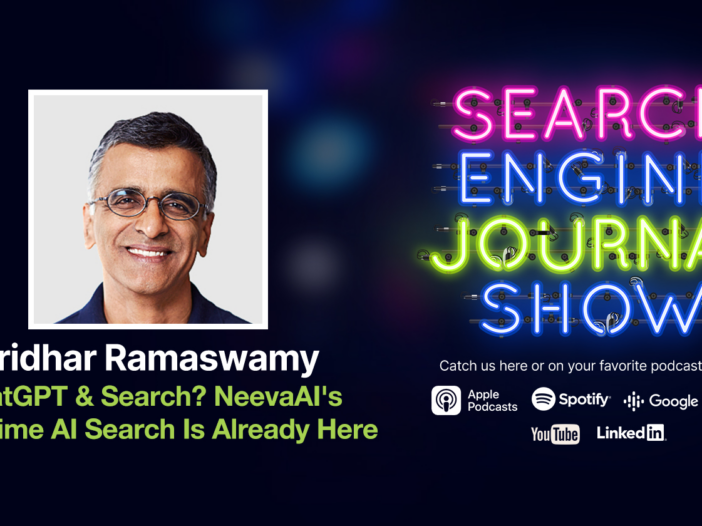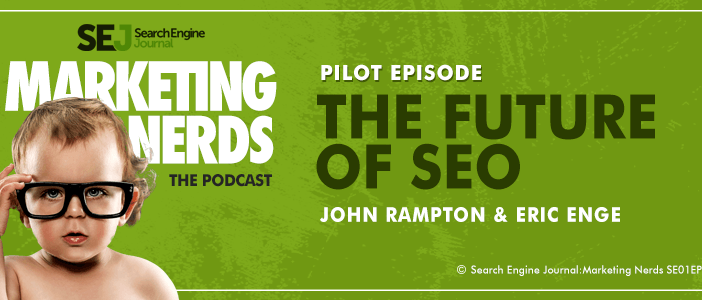SmoothSale collaborates with The SEO Works to enhance its digital strategy.
SmoothSale, a prominent cash house-buying company in the UK, has initiated a strategic partnership with The SEO Works to manage its SEO and Digital PR strategy, alongside expert website support. This collaboration is aimed at providing homeowners with a stress-free solution for selling homes, minimising delays and ensuring transparency in service costs.
Facing an intensely competitive market, SmoothSale has relied heavily on paid advertising, notably Google Ads, until the rising costs and competition prompted the company to reconsider its current marketing strategies. They identified organic search as a promising avenue to diversify efforts, emphasising on a long-term approach that builds trust with potential clients.
SmoothSale embarked on a search for a capable digital agency that could provide comprehensive, united services to meet their evolving needs. The SEO Works, known for its expertise and a robust record in SEO, emerged as a fitting partner. They conducted a detailed audit of SmoothSale’s website and pointed out essential improvements in SEO compliance.
The SEO Works proposed a strategic campaign involving SEO, Digital PR, and comprehensive website maintenance to achieve significant results. Their detailed strategy, delivered through a cohesive service offering, cemented their position as the ideal agency for SmoothSale’s digital advancement.
Rob Harrison, director of SmoothSale, remarked, “At SmoothSale, our priority is always to make the home-selling process as quick and straightforward as possible for our customers. As the market becomes more competitive, we know it’s crucial to keep evolving. Partnering with The SEO Works gives us the opportunity to strengthen our digital presence, build trust with homeowners, and stay ahead of the curve.”
With limited historical SEO work on the SmoothSale site, the focus of the campaign is to establish a strong foundation using tried-and-tested best practices. Leveraging their award-winning SEO techniques, The SEO Works will concentrate on generating high-quality content and a digital PR link-building strategy to secure authority in search rankings. Several technical changes will also be applied by the web team, ensuring the site is optimised effectively from the ground up.
Alex Hill, sales director of The SEO Works, expressed enthusiasm for the project, “The opportunity to play a part in the growth of an exciting company such as SmoothSale is one that we will truly relish here. Helping companies stand out from the competition within the search engine results is what we do best, and I’m confident we can make this happen by following our award-winning approach.”
The partnership between SmoothSale and The SEO Works exemplifies an adaptive strategy to thrive in a competitive market through enhanced digital capabilities.
You must be logged in to post a comment.
Despite a decline in sales, Inter Ikea managed to boost its profits in 2024.Operating profit…
Amadeus House 27b Floral Street London WC2E 9DP United Kingdom
[email protected].
Get the latest creative news from FooBar about art, design and business.
Type above and press Enter to search. Press Esc to cancel.






